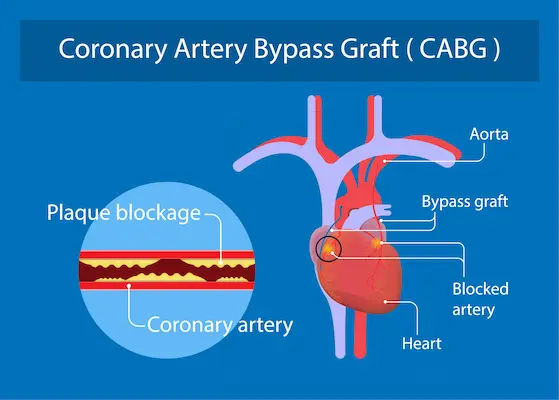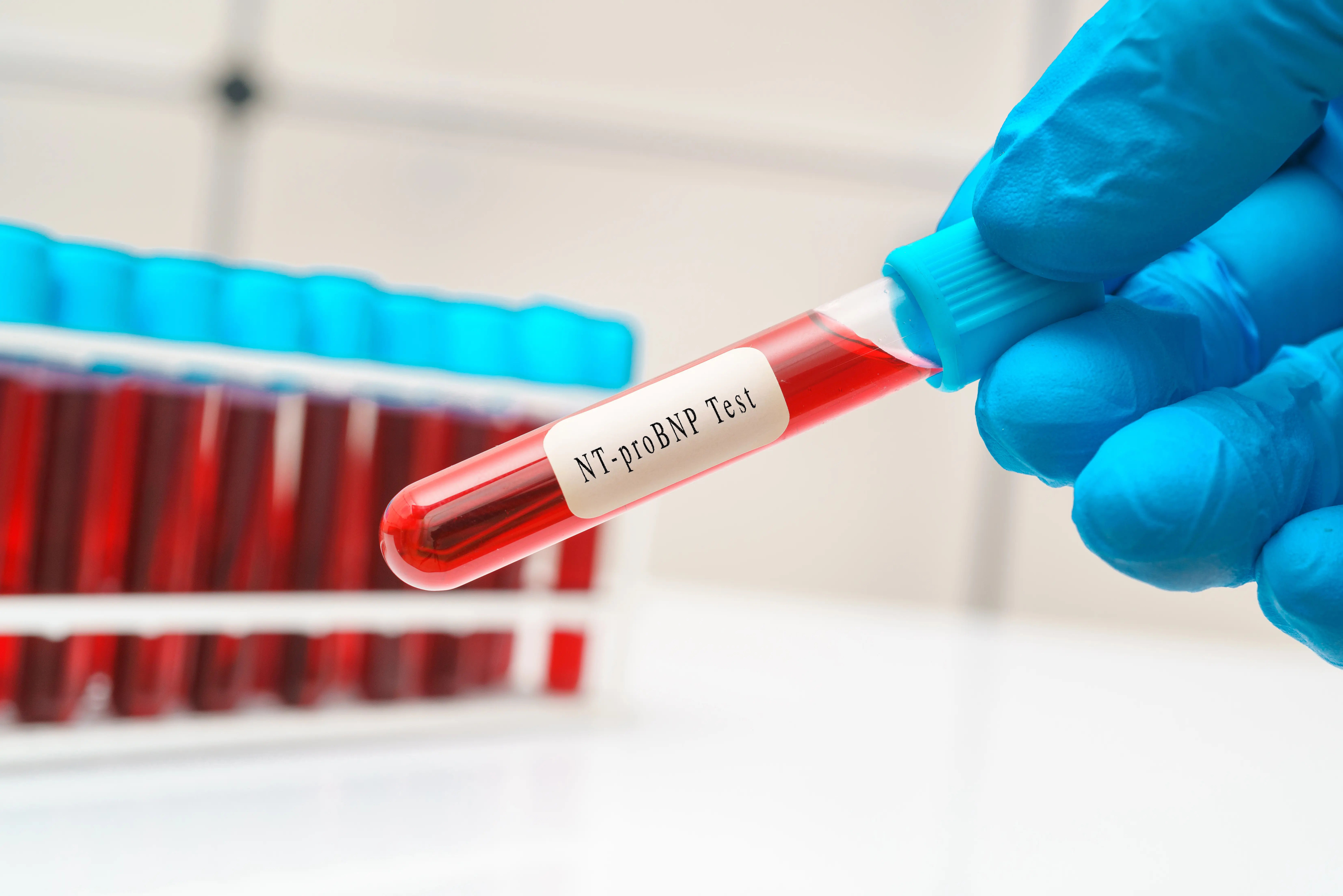- Male
- 30 Years
- 22/01/2025
I'm 31 and just got my ECG results back, which mention left axis deviation. Should I be concerned about this?
Answered by 1 Apollo Doctors
There are multiple causes of left axis deviation iclude , left ventricular fascicular block ventricular ectopics, pregnancy and Wolff-parkinson white syndrome etc.. treatment includes ACE inhibitors, beta blockers and calcium channel blockers. Weight reductio,dietary changes and regular exercises are advised..
Dr. Dhankecha Suggests...
Consult a Cardiologist
Answered 04/07/2025
0
0

More Cardiology Health Queries
View allI'm a bit worried after my father's 2D echo report came back. It mentions "IVS jerky movement trace TR LVEF 50." Does this sound normal, or should I be concerned about anything specific?
Echo report is abnormal, advised cardiac markers and angiogram for further management..Cardiologist opinion.
Answered by 1 Apollo Doctors
I'm really concerned about my dad's health. Last year in July, he had angioplasty and the doctor put two stents in one artery and one stent in another. He's been following the doctor's diet and taking his meds regularly. Is there still a chance his blood vessels might get blocked again?
It is important for your father to continue taking his prescribed medications and follow the doctor's diet chart to reduce the risk of blockage in the blood vessels. To further prevent blockage, the following medications are commonly prescribed after angioplasty: 1. Antiplatelet agents such as Aspirin or Clopidogrel to prevent blood clots - Dosage as per doctor's prescription 2. Statins such as Atorvastatin or Rosuvastatin to lower cholesterol levels - Dosage as per doctor's prescription 3. ACE inhibitors or ARBs to control blood pressure and improve heart function - Dosage as per doctor's prescription 4. Beta-blockers to reduce the heart's workload and lower blood pressure - Dosage as per doctor's prescription Regular follow-up appointments with the cardiologist are also important to monitor your father's heart health and make any necessary adjustments to his treatment plan.
Answered by 1 Apollo Doctors
So my mom had a very mild case of COVID, and it's been over two weeks since she's recovered, but she's been having this slight chest pain every now and then. It doesn't last long, like about 34 minutes at most. Im kinda worried about what could be causing this. Any idea what might be going on?
Chest pain that comes and goes after recovering from COVID-19 could be due to inflammation of the chest wall muscles or costochondritis. I recommend she take over-the-counter pain relievers like acetaminophen (Tylenol) 500mg as needed for pain relief. If the pain persists or worsens, she should consult with her healthcare provider for further evaluation and management.
Answered by 1 Apollo Doctors
Disclaimer: Answers on Apollo 247 are not intended to replace your doctor advice. Always seek help of a professional doctor in case of an medical emergency or ailment.





